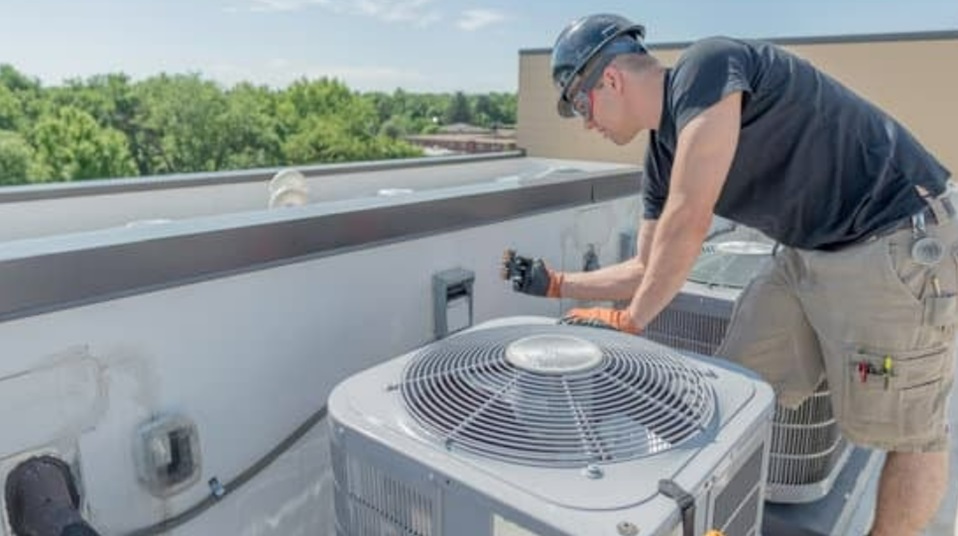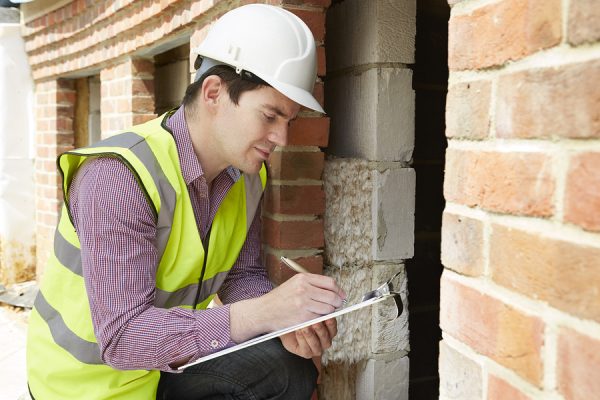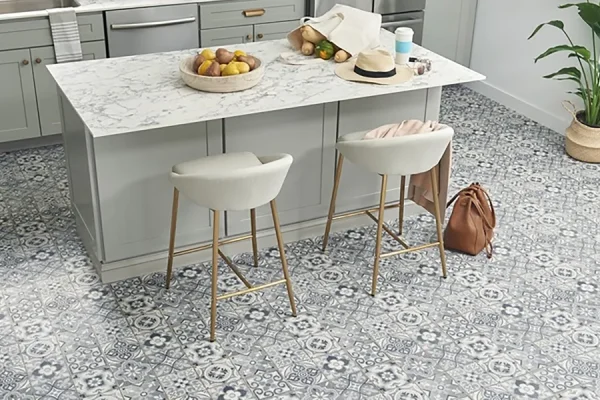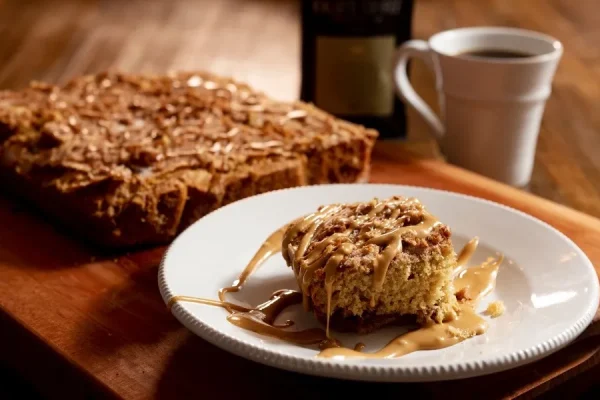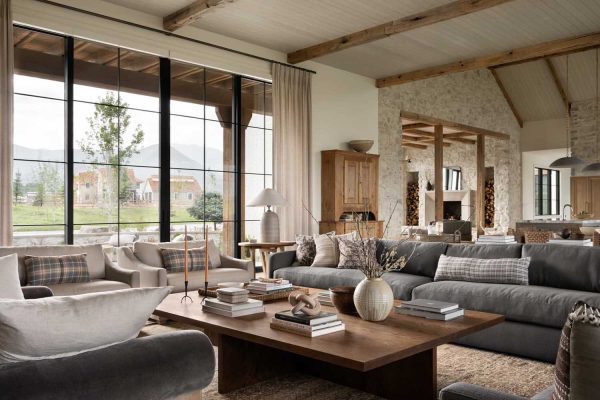How to Improve HVAC Efficiency in Older Homes?
Maintaining an efficient HVAC system is crucial, especially in older homes where outdated infrastructure can pose challenges and increase energy costs. It’s important to understand the common issues in older homes that can affect HVAC efficiency and how to address them effectively. Seeking professional HVAC service in Atlanta can also provide valuable insights and solutions for improving HVAC efficiency in older homes. In this guide, we’ll discuss some tips on how to improve HVAC efficiency in older homes.
Insulation and Sealing
One of the most effective ways to improve HVAC efficiency is by ensuring proper insulation and sealing in your home. Over time, older homes may develop gaps and cracks, leading to substantial heat loss in winter and heat gain in summer. Investing in quality insulation materials for your attic, walls, and floors can mitigate these issues.
Upgrading Windows and Doors
Windows and doors play a significant role in maintaining indoor temperatures. Older glass types or poorly sealed windows can allow drafts, which compromise HVAC efficiency. Consider upgrading to double-pane or energy-efficient windows to keep your home well-insulated. Properly sealing gaps around doors and windows can also prevent unwanted air exchange.
Regular HVAC Maintenance
Consistent HVAC maintenance is integral to the system’s performance. Scheduling regular service checks can help identify potential issues before they escalate. Replacing filters, cleaning coils, and checking for leaks ensure the system runs smoothly.
Smart Thermostats
Smart thermostats offer a modern solution for optimizing HVAC efficiency. These devices enable precise control over your home’s temperature and can be programmed to adjust settings automatically based on your daily schedule. Additionally, smart thermostats provide insights into energy usage, helping you make informed decisions to further reduce energy consumption. For more information on the right AC setting for coolness and efficiency, you may check out this blog.
Upgrading HVAC Components
In some cases, retrofitting older HVAC systems with modern components can improve efficiency. High-efficiency furnaces, air conditioners, and heat pumps are designed to consume less energy while providing superior performance. Upgrading to these systems might require an initial investment, but the long-term savings on energy bills make it a worthwhile consideration.
Landscaping
Believe it or not, landscaping can influence HVAC efficiency. Planting trees and shrubs around your home can provide natural shading, reducing the load on your HVAC system during hotter months. Properly placed vegetation can also act as a windbreak, minimizing heat loss in winter.
Frequent Duct Inspection
Ducts play a pivotal role in distributing conditioned air throughout your home. Ensuring they are clean and free from obstructions is vital for maintaining an efficient HVAC system. Ducts that are leaking or clogged can waste significant energy, so regular inspections and cleaning are recommended.
Conclusion
Improving HVAC efficiency in older homes is achievable through a combination of modern upgrades and consistent maintenance. By focusing on proper insulation, windows and doors, regular HVAC service, and smart technology, homeowners can enjoy a comfortable living environment while benefiting from reduced energy costs.
FAQ
How often should HVAC systems be serviced?
HVAC systems should ideally be serviced twice a year, once before the heating season and once before the cooling season.
What is the best insulation material for older homes?
Fiberglass and spray foam are among the most effective insulation materials for older homes, offering excellent thermal resistance.

